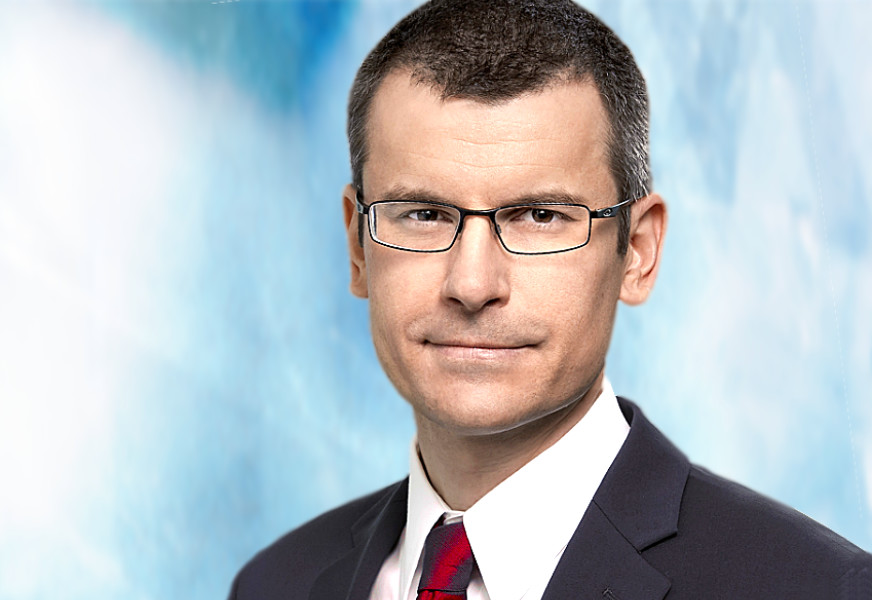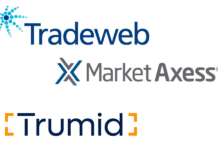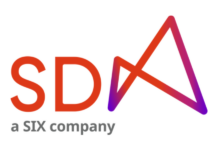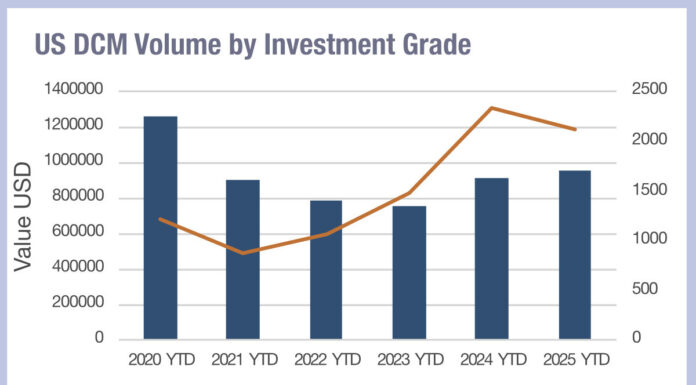
Mark Haefele, chief investment officer for Global Wealth Management at UBS has provided guidance, alongside a team of strategists, on where investment opportunities exist in a low rate world.
They wrote that cash and the safest bonds are likely to deliver negative real returns for the foreseeable future, posing a challenge for investors looking to earn income and manage portfolio volatility. Consequently they have made the following recommendations:
• Search for income. “Credit spreads have tightened, but we still see value in credit as a means of income generation. We like US investment grade and high yield bonds, USD-denominated emerging market sovereign bonds, European crossover bonds, green bonds, and Asia high yield bonds. We also highlight opportunities in high-dividend-paying stocks. While we expect dividend cuts as a result of COVID-19 (more so in Europe than the US), history suggests that dividend-paying stocks tend to have defensive characteristics. We recommend using a selective approach that identifies companies with attractive, relatively high dividends that we expect to be sustainable.”
• “Gold has been one of the best-performing assets this year and its qualities as a diversifier in a low-rate world have shone as the US election approaches, US-China tensions flare and coronavirus concerns persist. While we think gold will continue to be supported by safe-haven demand, in our view the primary drivers of the gold price are its negative correlation to real interest rates and the dollar. We expect the dollar to weaken further and for real rates to remain low, and so we see further upside for gold.”
• “For those with a longer time horizon, allocating a portion of portfolios to an illiquid asset class, such as private markets, can allow investors to harvest liquidity premiums and enhance returns. The best vintages for private equity firms have often coincided with dislocations in public equity markets, for example in the years 2001 and 2008. We believe the current COVID-19 crisis may also offer an attractive entry point for long-term investors seeking greater exposure to private markets. As well as considering these means of enhancing portfolio income, investors should also consider the appropriate level for cash holdings. Our ‘liquidity, longevity, legacy’ (3L) approach suggests investors should set aside two to five years’ worth of net expenses in cash and high-quality bonds.”
©Markets Media Europe 2025













